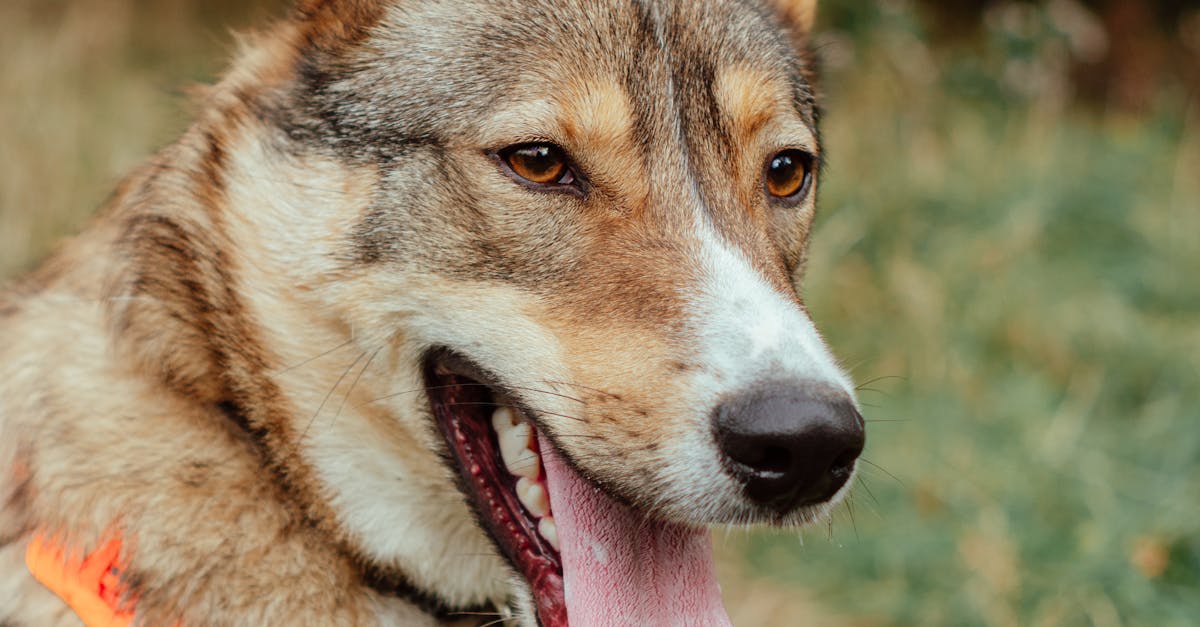Have you ever wondered if your cat can share a bite of your breakfast cereal? Special K Protein cereal might seem like a harmless treat, but is it safe for your feline friend? Cats are curious creatures, and their interest in human food often leads pet owners to question what is and isn’t safe for them to eat. Let’s dive into the nutritional makeup of Special K Protein cereal and uncover whether it’s a healthy option for your cat.
🐾 Can Cats Eat Special K Protein? Understanding Their Dietary Needs
Cats are obligate carnivores, meaning their bodies are designed to thrive on a diet primarily made up of meat. They require protein from animal sources to meet their nutritional needs, as well as certain amino acids like taurine that are essential for their health. While Special K Protein cereal is marketed as a high-protein option for humans, it’s important to remember that not all protein sources are created equal.
Special K Protein cereal contains plant-based proteins, which are not as beneficial for cats as animal-based proteins. Additionally, the cereal is often loaded with carbohydrates, sugars, and artificial additives that can be harmful to your cat's digestive system. While a small nibble likely won’t harm your cat, it’s not a food that aligns with their nutritional requirements.
🍚 What’s in Special K Protein Cereal? Key Ingredients to Watch
To determine if Special K Protein cereal is safe for cats, we need to break down its ingredients. Here’s a look at what’s typically found in this breakfast staple:
- Plant-based protein sources like soy or wheat
- Added sugars and artificial sweeteners
- Grains, including rice and wheat
- Vitamins and minerals fortified for human needs
While these ingredients might be fine for human consumption, they can pose risks for cats. For example, added sugars and artificial sweeteners can lead to obesity, diabetes, or digestive upset in cats. Grains and plant-based proteins don’t provide the nutrients that cats require, and some artificial ingredients may even be toxic.
🚨 Risks of Feeding Special K Protein Cereal to Cats
Feeding your cat Special K Protein cereal can come with potential risks. Here are a few concerns to keep in mind:
- High sugar content can cause weight gain and blood sugar spikes
- Plant-based proteins lack essential amino acids like taurine
- Artificial sweeteners like xylitol (if present) are toxic to cats
- Grains can lead to digestive issues or food sensitivities
Even though your cat might enjoy the crunch or taste of the cereal, it’s not worth the potential health risks. Cats have specific dietary needs that cereal simply cannot fulfill.
😺 Signs Your Cat May Have Eaten Too Much Cereal
If your cat accidentally eats a significant amount of Special K Protein cereal, you may notice some symptoms of digestive distress or other health issues. Keep an eye out for the following signs:
- Vomiting or diarrhea
- Lethargy or lack of appetite
- Increased thirst or urination
- Signs of bloating or abdominal discomfort
If your cat shows any of these symptoms after consuming cereal, it’s best to consult a veterinarian for advice. They can determine if additional treatment is necessary and provide guidance on how to prevent future incidents.
✅ Healthy Alternatives to Special K Protein Cereal
Instead of sharing your cereal, consider offering your cat treats or snacks that are specifically designed for their dietary needs. Here are some safe and healthy options:
- High-protein cat treats made with real meat
- Cooked, unseasoned chicken or fish
- Catnip or cat grass for a fun, safe snack
- Small pieces of plain, cooked egg
These alternatives are not only safe for cats but also provide nutritional benefits that align with their dietary requirements. Always introduce new foods in moderation and monitor your cat for any adverse reactions.
🩺 When to Contact a Vet
If you’re ever unsure about whether a food is safe for your cat, it’s always better to err on the side of caution. Contact a veterinarian if your cat eats something questionable or if they show signs of illness after consuming human food. A vet can provide expert advice and help you make informed decisions about your cat’s diet.
Remember, every cat is different, and some may be more sensitive to certain foods than others. Consulting with a vet ensures that your furry friend stays happy and healthy.
FAQs
Can cats eat any cereal?
Most cereals are not suitable for cats due to their high carbohydrate content, added sugars, and artificial ingredients. While a small bite might not be harmful, it’s best to avoid feeding cereal to your cat.
What happens if my cat eats Special K Protein cereal?
If your cat eats a small amount, they will likely be fine. However, larger quantities could lead to digestive upset, weight gain, or exposure to harmful additives. Monitor your cat for symptoms and consult a vet if needed.
Is protein from plants safe for cats?
Plant-based proteins are not harmful but do not meet the nutritional needs of obligate carnivores like cats. Cats require protein from animal sources to obtain essential amino acids such as taurine.
Can I give my cat human snacks as treats?
Some human foods, like plain cooked chicken or fish, can be safe for cats in moderation. However, processed foods, sugary snacks, and cereals should be avoided.
What should I do if my cat shows symptoms after eating cereal?
Contact your vet if your cat exhibits symptoms like vomiting, diarrhea, or lethargy after eating cereal. A vet can provide treatment and advice to ensure your cat’s well-being.
Book a $49 online vet consultation at https://www.dialavet.com for fast, expert advice.























